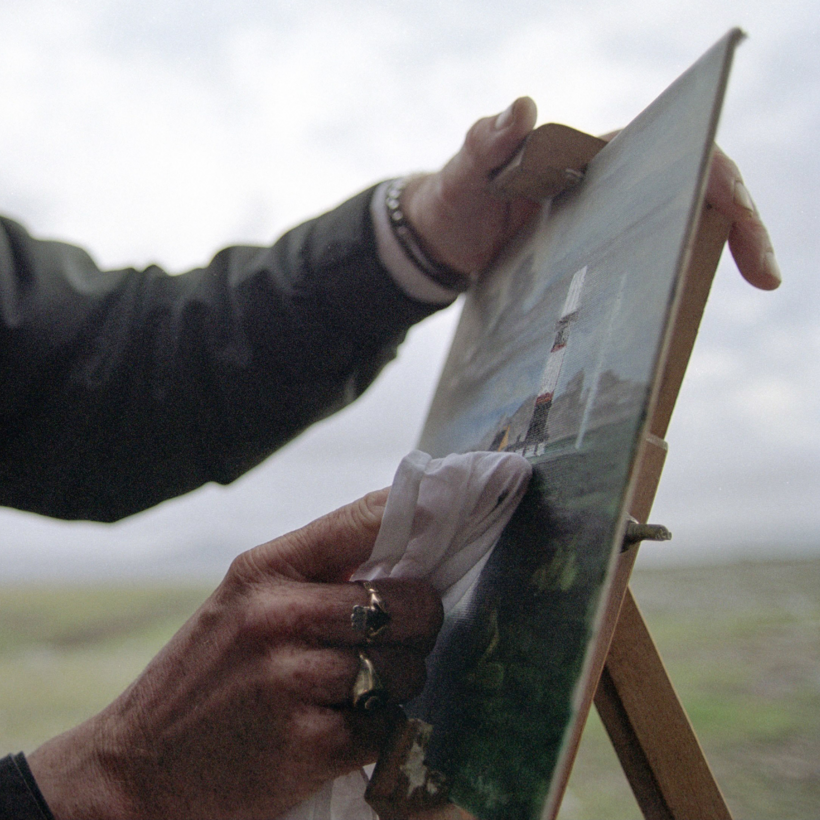What a relief it is to find a novel that treats the reader as a grown-up, that is fresh without chasing literary fashion, provocative but not shouty, and idiosyncratic but fully satisfying from the strange comedy of its opening pages to its decisive conclusion.
The Irish writer Audrey Magee’s second novel starts with a man in a tiny boat being rowed across the choppy waters off the west coast of Ireland in the summer of 1979. Lloyd is an English artist, heading to a three-mile-long island to paint its cliffs and birds, to “create them as they already are”. He is told by the locals to use a larger motorboat (“It’s the Atlantic Ocean, Mr Lloyd”), but won’t listen and soon regrets it. “It’s easier with your eyes open, Mr Lloyd.” “No, it’s not.”

